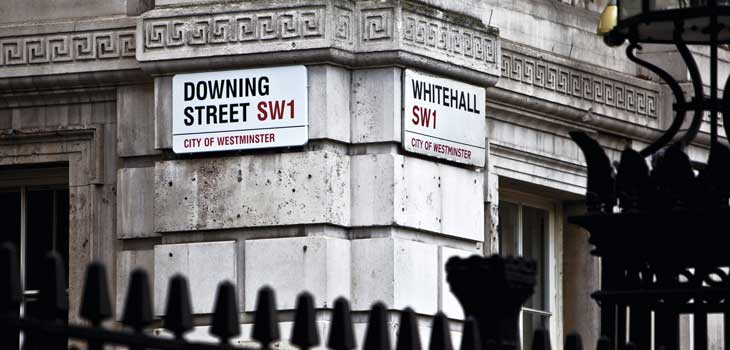
What happens if the Prime Minister (PM) falls ill, or becomes incapacitated, or dies? The unwritten constitution does not give an answer. We pragmatically ‘bumble through’. The country is governed by the government, usually drawn from the political party with a majority or in command of the House of Commons. The function of government is carried out by the Cabinet. The Cabinet is chosen by the PM, exercising the power to hire and fire, who is a member albeit primus inter pares, first among equals, the leader. His or her influence is enormous.
It is rare for a PM to die in office. Spencer Perceval was assassinated in 1812. Palmerston died in office in 1865. Otherwise a dying PM has resigned, for example, Henry Campbell-Bannerman in 1908, and Andrew Bonar Law in 1923. Other PMs have resigned, thinking that they might be becoming ill and unfit, for example, Harold Macmillan in 1963, though





.tmb-mov69x69.jpg?sfvrsn=961ae4db_1)
95ca96e3d47f4eff8d147c4f0df17c77.tmb-mov69x69.png?sfvrsn=3db5d86b_1)

